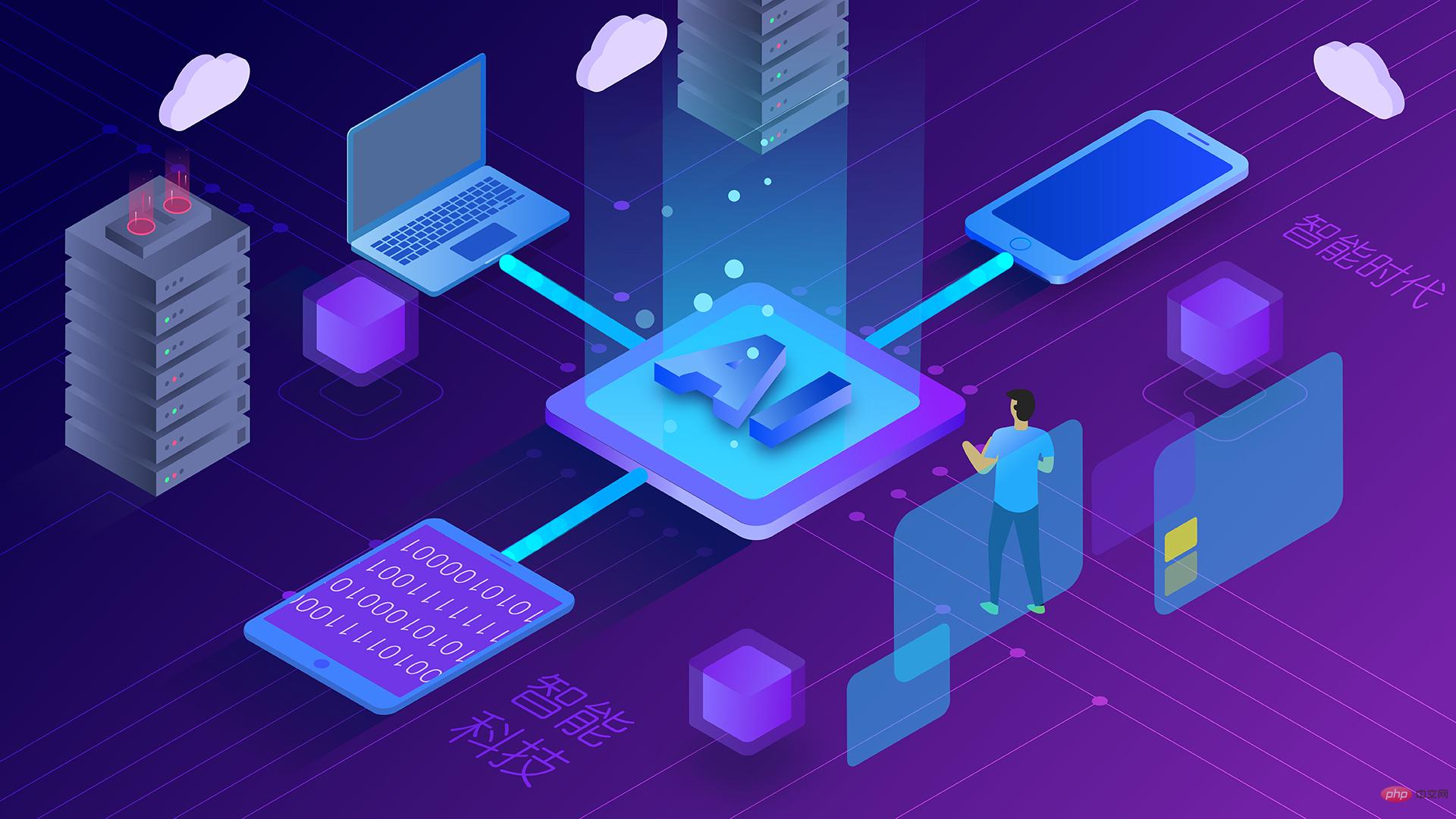Home >Technology peripherals >AI >Will artificial intelligence transform supply chains?
Will artificial intelligence transform supply chains?
- WBOYWBOYWBOYWBOYWBOYWBOYWBOYWBOYWBOYWBOYWBOYWBOYWBforward
- 2023-04-10 10:21:051087browse
The logistics industry accounts for 12% of global GDP and is growing at a compound annual growth rate of 5% per year. According to these projections, global logistics spending will soar to more than $15 trillion by 2023. These estimates, coupled with soaring supply chain costs caused by the global pandemic, have increased the need for innovative technologies to improve efficiency and reduce supply chain costs.
But what is a supply chain? In its simplest form, a supply chain is a series of processes involved in the production and distribution of a product. While it sounds simple, trillions of dollars in logistics spending could be reduced by automating manual processes and leveraging machines to identify problems before they occur.

Fortunately, artificial intelligence has proven to be an innovation that has the potential to achieve more effective results by eliminating inefficiencies and creating insights. Planning and decision-making have the potential to transform supply chains. The question is how to effectively apply AI to supply chain processes to produce transformative results.
Many supply chain processes require multiple documents to ensure the flow of goods, funds and information involved in the transactions that make up the supply chain. These include contracts, invoices, bills of lading, delivery orders and declarations, among others. Human error, missing documents, or other issues can cost thousands of dollars, not to mention a poor customer experience. Therefore, digitizing these documents and exchanging data electronically is a critical step in eliminating massive waste in the supply chain. Artificial intelligence has proven to be effective in digitizing paper documents, helping to achieve paperless transactions.
Combining machine learning and blockchain, the benefits of artificial intelligence become even more effective. For example, robotics is currently successfully used in many supply chain applications to automate repetitive tasks; thereby reducing personnel costs and increasing efficiency. However, robotic process automation is just the tip of the iceberg.
Cognitive automation brings new opportunities like robotic process automation. RPA leverages artificial intelligence technologies such as optical character recognition, text analytics, and ML to improve customer and employee experiences. One specific example is deploying chatbot technology to respond to basic customer inquiries. Chatbots reduce call center costs and increase customer response times.
Innovative technologies provided by supply chain technology companies can also have a significant impact on supply chain sustainability. Leverage technology to quantify CO2 emissions and leverage data as a key activity such as planning, booking, settlement and shipment tracking across a vast network of trading partners. Predictive analytics, end-to-end visibility and the last mile are just a few of the key areas that can be improved through the use of AI.
Finally, as AI is further deployed to increase efficiency and eliminate waste in supply chains, businesses should be careful to balance these decisions with their impact on customer experience and satisfaction. They must ensure that AI does not have unintended negative impacts on the human experience that cannot be ignored.
The above is the detailed content of Will artificial intelligence transform supply chains?. For more information, please follow other related articles on the PHP Chinese website!
Related articles
See more- Technology trends to watch in 2023
- How Artificial Intelligence is Bringing New Everyday Work to Data Center Teams
- Can artificial intelligence or automation solve the problem of low energy efficiency in buildings?
- OpenAI co-founder interviewed by Huang Renxun: GPT-4's reasoning capabilities have not yet reached expectations
- Microsoft's Bing surpasses Google in search traffic thanks to OpenAI technology

